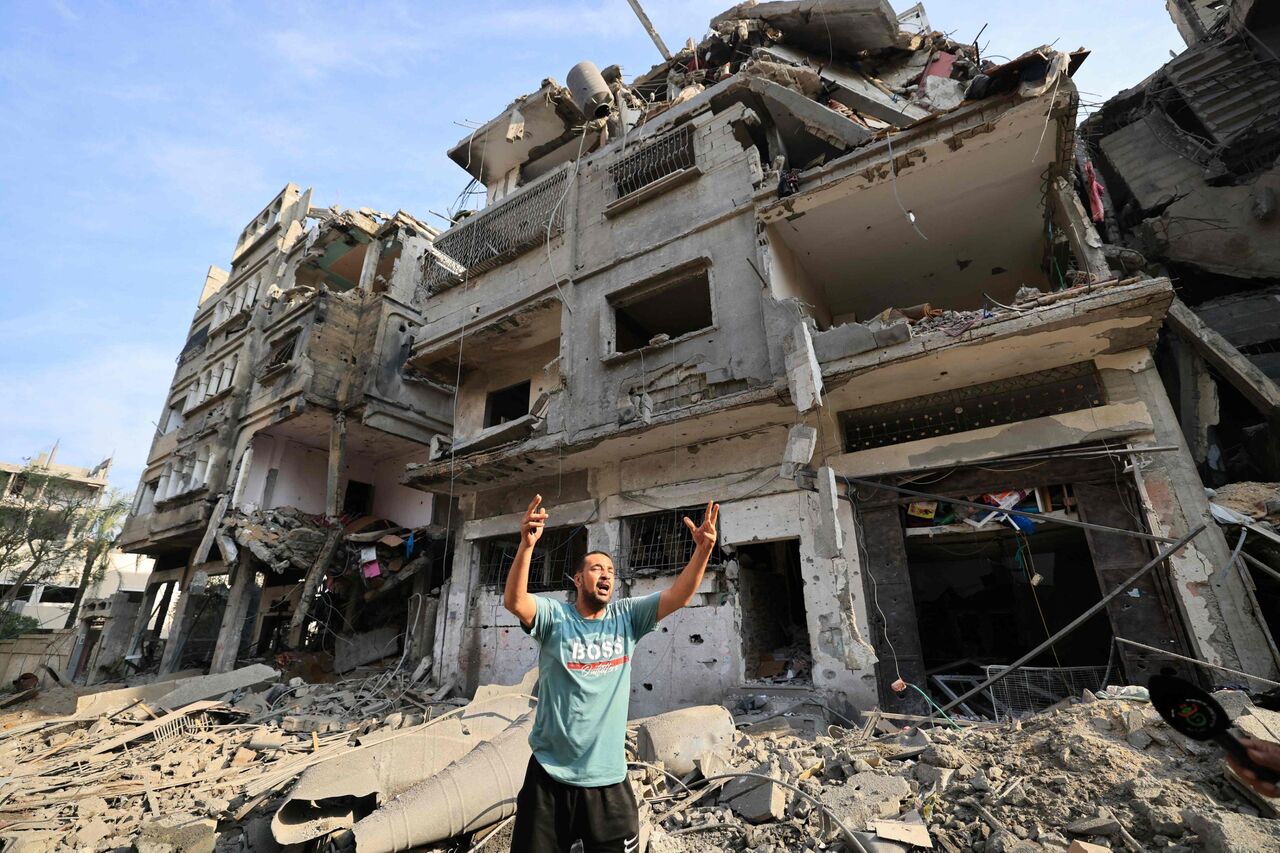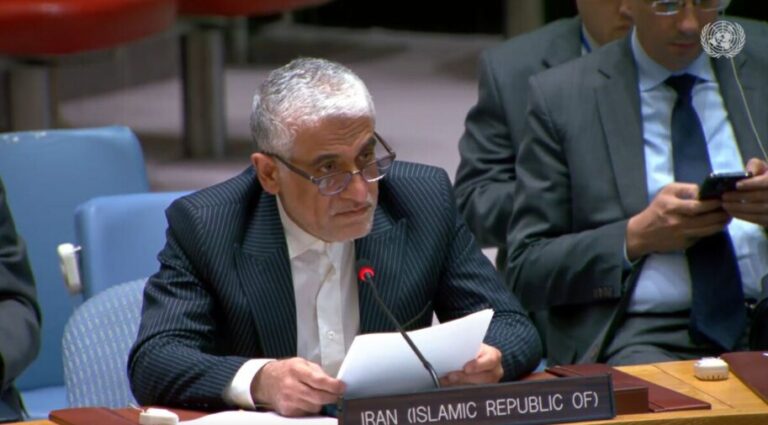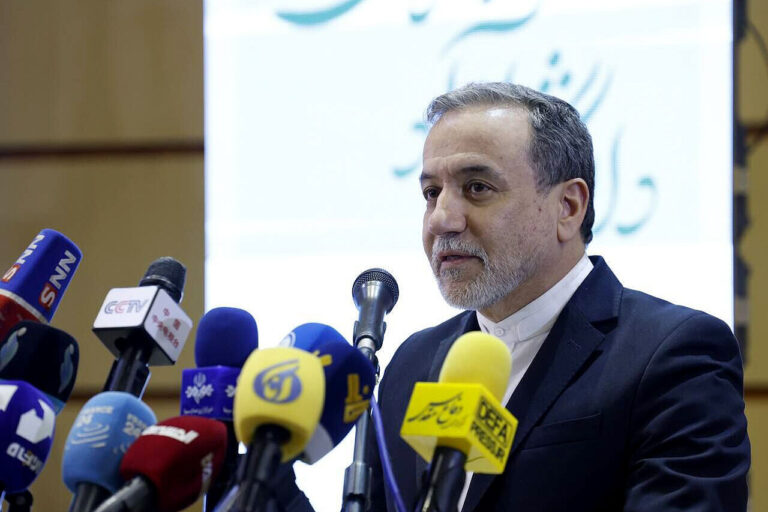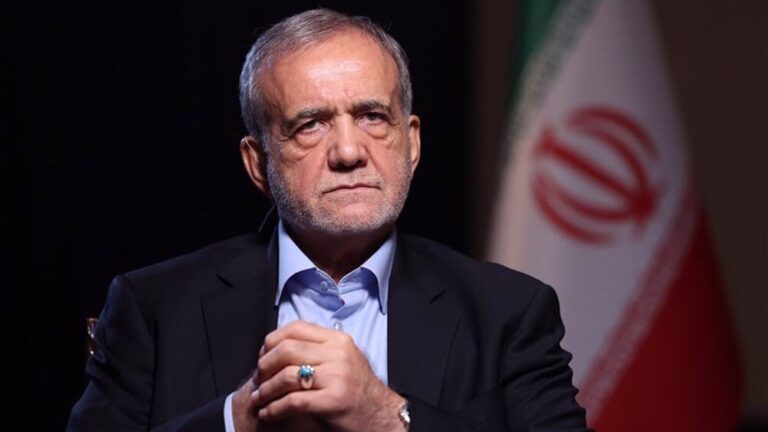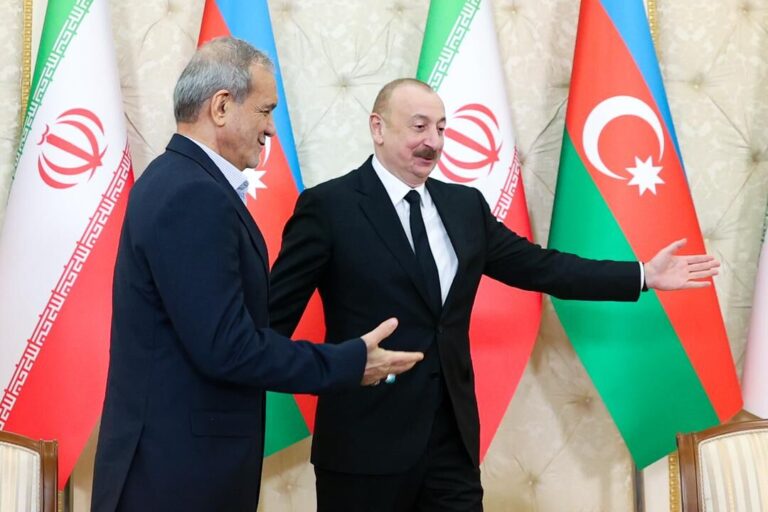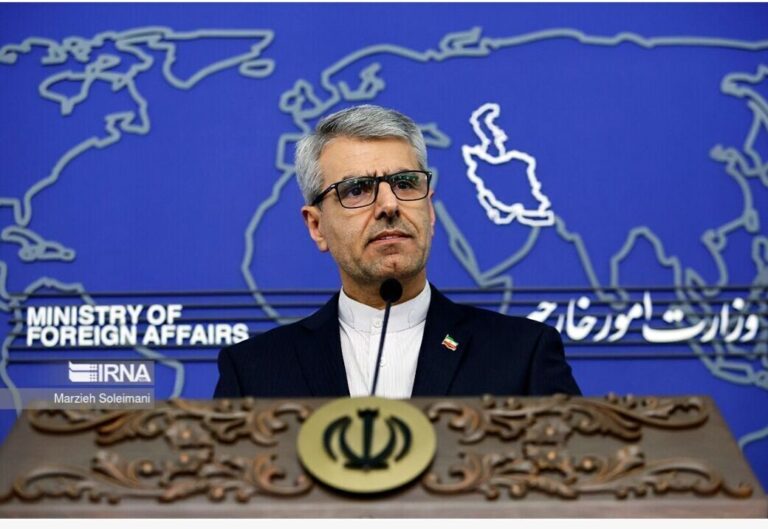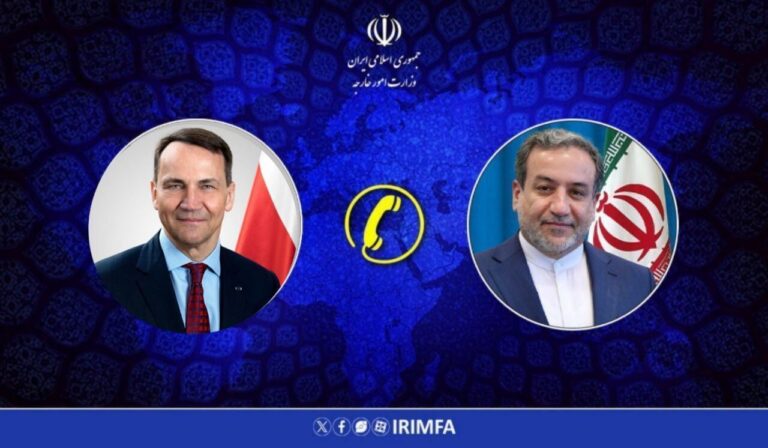Global Awareness Essential: Addressing Israeli Threats with Sensitivity
As tensions escalate in the Middle East, recent developments highlight Israel’s ongoing threats against Iran, coinciding with the delivery of 1,800 MK-84 bombs from the United States to Israel. During a meeting with US Secretary of State Marco Rubio, Israeli Prime Minister Benjamin Netanyahu reiterated claims of Iran being a nuclear menace to the region. This article delves into the implications of these threats and the context surrounding them.
Key Points of Concern:
- Historical Context of Netanyahu’s Threats: Netanyahu’s rhetoric against Iran is not unprecedented. Historically, these threats often serve as a diversion from Israel’s own challenges. As observed, when Israel encounters setbacks, it tends to escalate threats against Iran to shift public focus. The US Secretary of State’s backing amplifies this narrative. As the Leader of the Islamic Revolution has asserted, any aggression will be met with a response, and past experiences confirm that Israel has faced consequences for its attacks on Iran.
- Israel’s Nuclear Arsenal: With an estimated 80 nuclear weapons, Israel remains a significant nuclear threat in West Asia. Its policy of ambiguity surrounding nuclear capabilities and the tactic of “neither confirm nor deny” have hindered international disarmament efforts. In December 2014, a UN General Assembly resolution overwhelmingly called for Israel to:
- Renounce its nuclear weapons.
- Join the Nuclear Non-Proliferation Treaty (NPT) without delay.
- Subject all nuclear facilities to the International Atomic Energy Agency’s safeguards.
- Threats Against Nuclear Facilities: The Israeli regime has increasingly included threats to attack nuclear facilities in its military posturing, particularly towards Iran. Netanyahu’s threats voiced at the UN contradict international law, specifically the advisory opinion from the International Court of Justice in 1996, which stated that no legal framework permits the threat or use of nuclear weapons.
- Hypocrisy in Accusations: Israel’s repeated nuclear accusations against Iran serve primarily as media distractions for Western audiences. The irony lies in Israel’s possession of nuclear weapons while being non-compliant with the International Atomic Energy Agency, especially given its violent military actions during conflicts, such as the recent Gaza war that resulted in significant loss of life.
Unfortunately, Israel has yet to comply with any of these demands.
In conclusion, Netanyahu’s recent threats appear to be more of a media tactic than a feasible military strategy, reflecting the increasing vulnerability of the Israeli regime. As this regime faces decline, it resorts to crisis creation as a survival strategy. It is crucial for international bodies to remain vigilant and address these provocations to prevent further escalation in the region.
(The views expressed in this article do not necessarily reflect those of IRNA or the administration of President Masoud Pezeshkian.)
